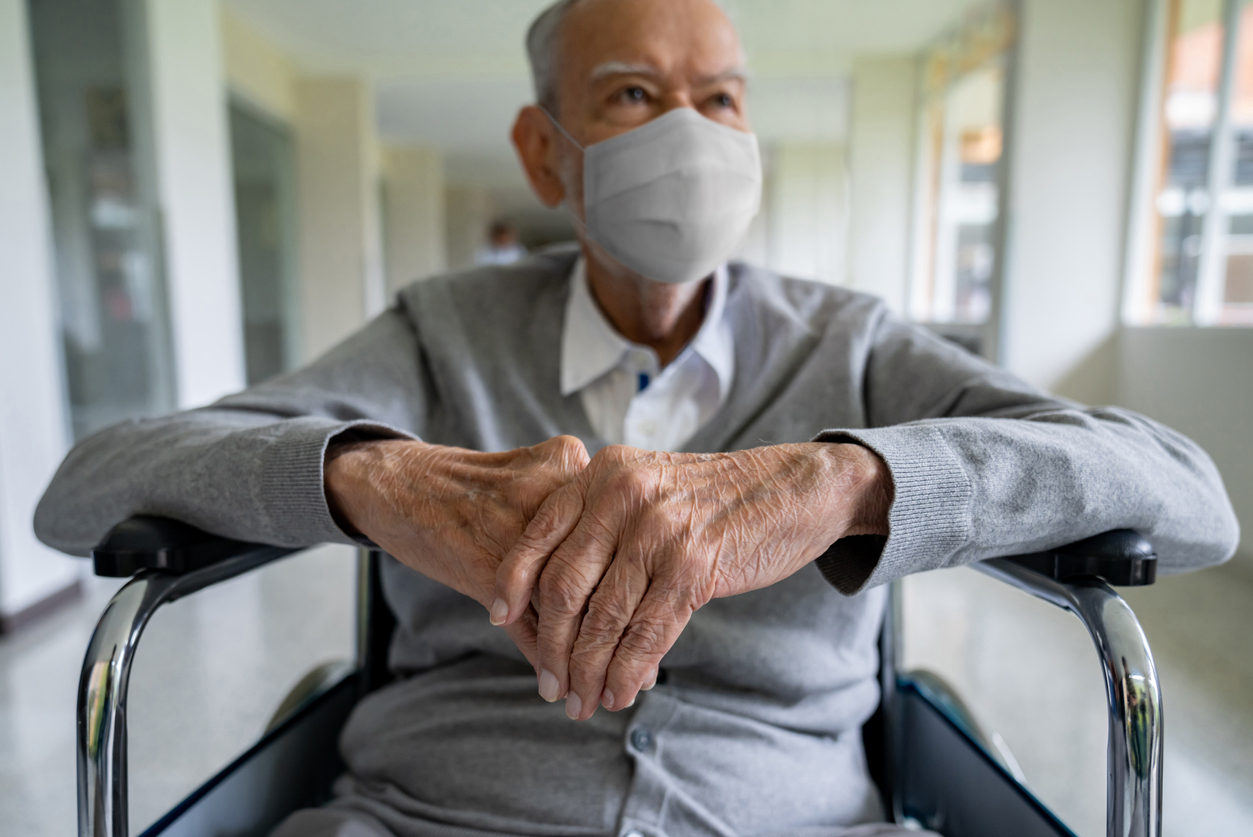Q: What challenges do the disabled face regarding facemasks?
Disabled folks face many challenges—from applying for Social Security disability benefits in Arizona, to adjusting to or living with limited income, to navigating life in communities that may not be fully accessible to them, or living isolated lives.
The COVID-19 lockdowns gave some non-disabled people—especially those who suffered unexpected financial losses– a small taste of how difficult long-term living in isolation with financial insecurity can be. Now that some areas are lifting restrictions and “opening up”, conflicts are arising regarding what the “new normal” should be with regard to safety in public places—and some members of the disabled community may get caught in the crossfire.
Across America, people are divided on the issue of wearing facemasks in public to help prevent transmission of the novel coronavirus. One camp believes wearing a mask is not only the law in many places, but also the responsible thing to do in order to protect each other from contracting the highly-contagious virus. The other camp sees America as the “Land of the Free”, resists restrictions on our freedoms, and views mask-wearing mandates as “tyrannical” and overreaching. Depending on the area and the ordinances imposed, many businesses won’t allow people to enter without a mask—and some others reportedly won’t allow entry to those who do wear one.
How has the mask debate impacted the disabled community?
Some situations where the wearing of a mask may be difficult for those with disabilities include those with:
- respiratory disabilities including conditions like asthma, cystic fibrosis and COPD;
- intellectual or cognitive impairments like autism, Alzheimer’s disease and other learning disabilities or sensory processing disorders where it may be frightening, uncomfortable, or confusing to enforce mask-wearing;
- facial skin disorders where masks may cause or increase pain or irritation;
- hearing impediments or deafness where facemasks without transparent windows impair the ability to lip-read and otherwise communicate.
If disabled people with the above conditions were to go out publicly without a mask, they could be ostracized, criticized, otherwise shamed, or even harmed. And many medical conditions that qualify for Social Security disability benefits are precisely what make the disabled population vulnerable to COVID-19 and reliant on the vigilance and cooperation of others to wear facemasks to protect them.
If you need assistance applying for Social Security disability insurance, the disability attorneys of Arizona at Roeschke Law can help you. Contact us today to schedule a consultation.
From our offices in Tempe, Tucson, and Phoenix, we represent disabled victims and their families throughout Arizona to get them the disability benefits they deserve.
